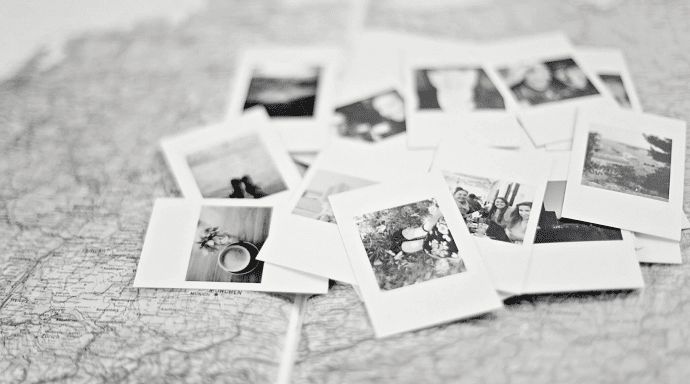
When we took our first international trip with the boys several friends commented that the trip sounded amazing, but they couldn’t believe we were taking our kids. I get it. Some people would rather save their big trips for the adults, but to us it was never even a consideration. Travel teaches your kids so much about themselves and about the world. Here are our top 8 reasons to travel – domestically AND internationally – with your kids.

Expose Your Children to Different Cultures
Travel, whether to a different region or country, exposes your children to different foods, accents or languages, architecture, and culture. When children experience these things firsthand, they build empathy and compassion for people and things that are different from them. They will bring back this newfound empathy and compassion to their home, school and neighborhood and it will benefit them when they are interacting with their peers.

Open Their Minds to New Experiences
Whether it’s trying a new food or a new activity, experiencing a festival or visiting a museum, when children travel they become braver and more open to trying new things.
Our kids still resist trying new foods, but they are more open to doing things they wouldn’t normally do at home when we travel. A few years ago when we were in Australia, we went to a ropes course and were amazed to see the eagerly boys tackle it. This wasn’t something they had ever done before and leading up to our arrival, they were nervous about it, but once we got there, they seized the opportunity.
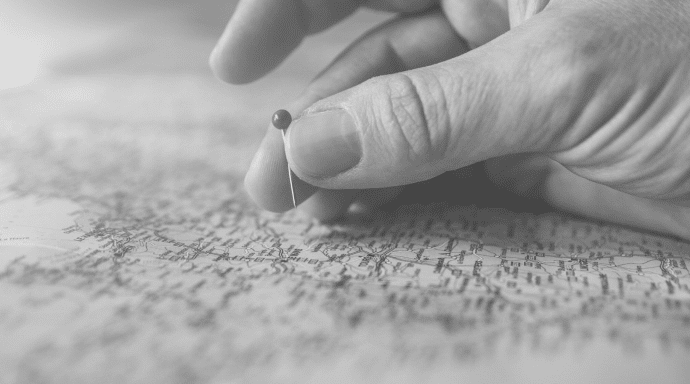
Learn that the World is Bigger than Their Town, State or Country
When children travel, they learn that the world is bigger than their individual town, state or country. The roads and roadside scenery are different, the foods are different, even the sounds are different. Realizing this helps them understand that our world is filled with all different types of people, places and experiences.
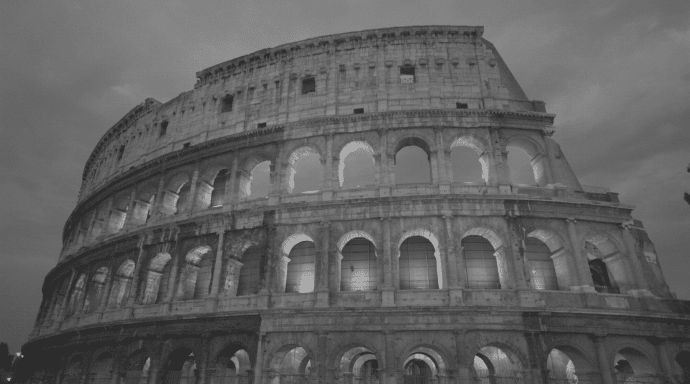
Experience History Where it Happened
Seeing the room in Philadelphia where the constitution was signed is so much different than reading about it in a book. Walking the battlefields in Gettysburg is much more interesting than hearing a teacher talk about it. Standing at the top of the Zugspitze on the border between Austria and Germany is a completely different experience than reading about why there is a gold cross at the top.
Seeing where history happened makes it come alive. Children can imagine what it felt like in this room or on this spot in that historical moment. It makes them more interested when they learn about it later in school or read about it. And they are more likely to remember what they learned at the actual location.
When Ryan was learning about Roman History, he was so interested in it that we planned a trip to see the Colosseum. Unfortunately we had to cancel due to COVID, but he was so curious about what it really looks like.
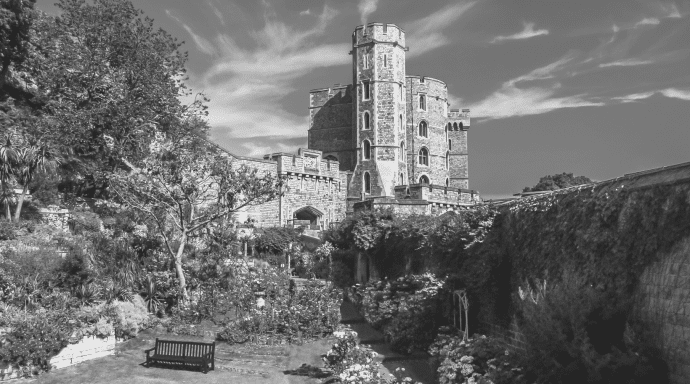
Make Memories in Iconic Places
The feeling you get when you’re standing on the steps of the Sydney Opera House or at the base of the Statue of Liberty is something you cannot get any other way. It is amazing to experience these iconic places in person. Since they are so iconic, children see them a lot, at school, on TV or in movies and even in books. Every time they’re reminded of their trip.
We visited Windsor Castle the summer before Prince Henry got married. We all learned so much being there. Since the wedding was televised, we were able to watch and remember that we were there – and there – and there too!
When we visited the Indianapolis Motor Speedway, recently, we had to wait through a rain delay. The boys were getting antsy and wanted to leave before the practice started. I told them that every time they watch the Indianapolis 500 for the rest of their lives, they’d remember that they had been there right by the pits. It lightened their mood and sure enough, two days later when the race was on TV they were the loudest in the room cheering the racers on and pointing out things we had seen.
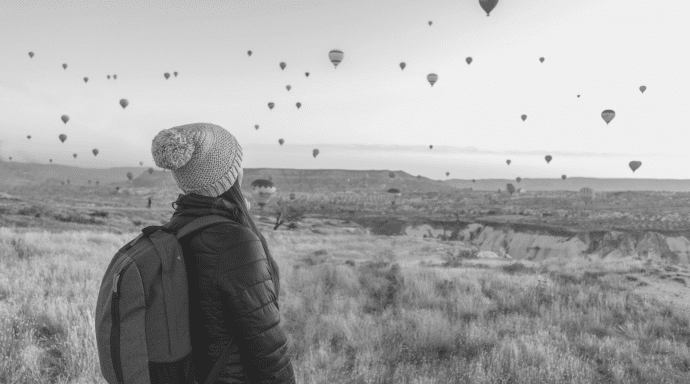
Prioritize Experiences over Things
In a materialistic world it’s hard not to come home from a trip with bags full of souvenirs, but we have encouraged our children to take in the experience instead. We take lots of pictures and create photobooks when we come back. The boys love looking through them and remembering all of the things we did.
When we were in Germany, we visited a Christmas store that has over 30,000 traditional German Christmas decorations. The boys each picked a special wooden ornament that we put on our tree each year to remind them of our trip. They also have a statue of a Tasmanian Devil that was given to them by one of our hosts in Tasmania.

Give them a Sense of Responsibility
Encouraging your kids to help you plan for your trip by researching things ahead of time and packing can help give them a sense of responsibility. Asking them to be responsible for carrying their own bags and leading the way through the airport also helps them to feel capable. Consider putting them in charge of something during your trip to give them even more responsibility and take the weight off yourself.
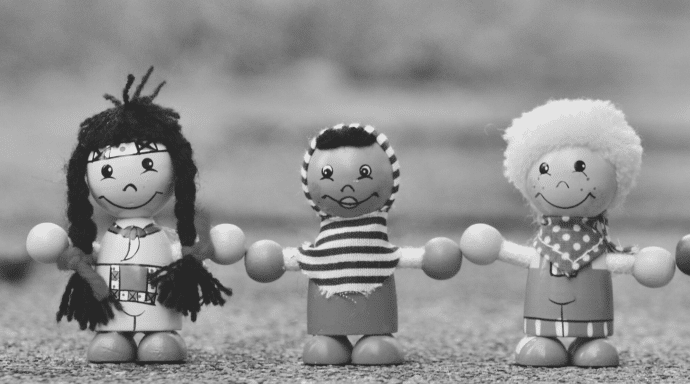
Create World Citizens
As parents, our biggest job is creating kind, responsible adults. Travel helps them feel comfortable in all different situations and all different places. Children who are world citizens have more desire to help our planet and don’t feel scared by people who are different from them. They feel comfortable moving throughout our world and are excited for their next opportunity to experience something new.
Kids may not remember every detail of every trip later in life but traveling will certainly impact their development and help them become adults who appreciate the world with all of its landmarks, history and cultures.
What’s your main reason for traveling with kids? Let us know in the comments.


